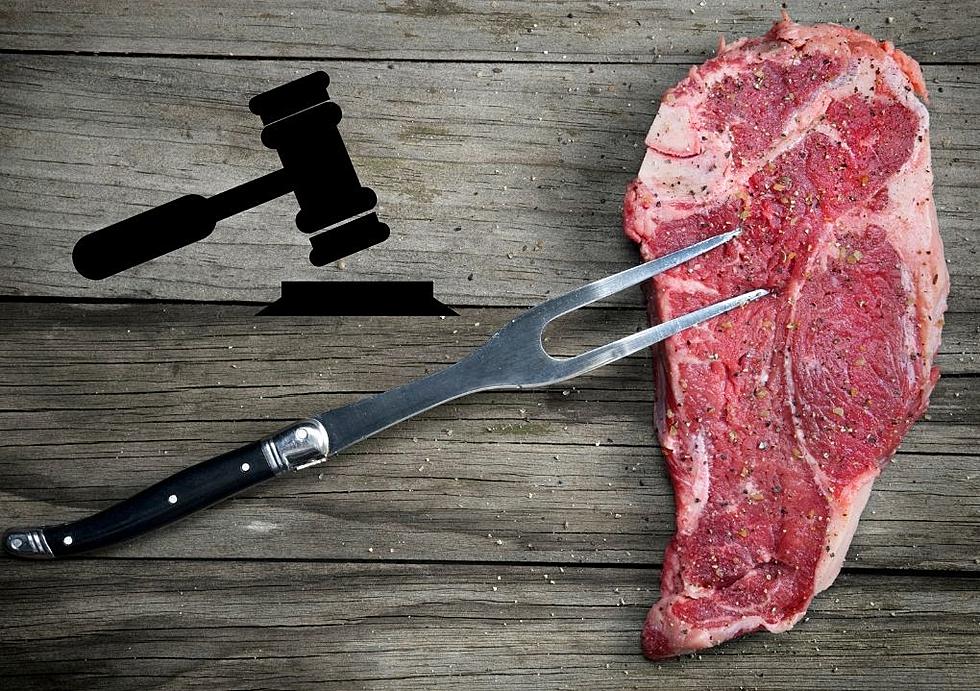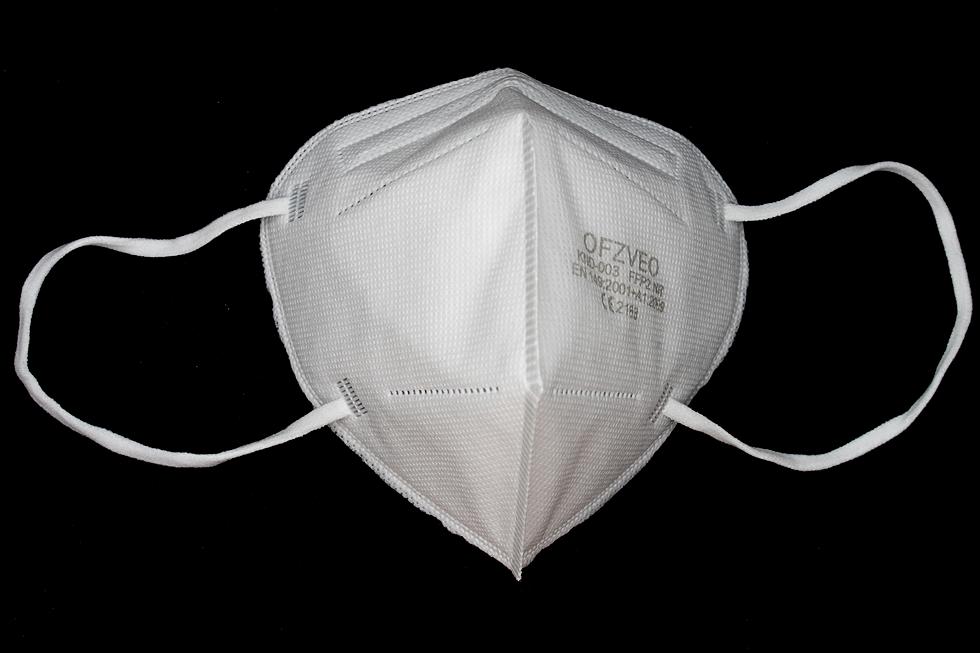
Getting the COVID Vaccine, Here’s Some Do’s/Don’t Do’s
So many Iowans are getting vaccinated! I feel blessed, I'll be going this week to get shot number one. I was curious, before I get my fist dose (or second for that matter), can I have a beer? How about some Advil if I have a headache that day or arm soreness? While the CDC is very light on official guidelines, I do have some tips from experts. Let's dig in.
-I want to take a painkiller before I get the vaccine so my arm hurts less later.
According the the experts at WebMD, this us actually not a great idea. Nonsteroidal anti-inflammatory drugs like ibuprofen, aspirin and naproxen can actually interfere with your immune systems response to the vaccine. Since the jab is designed to actually protect you from COVID via your immune system, the last thing you want to do is weaken it. It's also possible a painkiller could create an allergic reaction in your body when you get vaccinated. Unless your doctor says otherwise, it's advised you wait at leas two-hours from the time of the shot to popping a painkiller, if you still feel you need one.
-I found out I get the vaccine tomorrow, is it cool to celebrate with the Champagne?
Drinking within 24 hours before or after you get your first or second dose is not recommended. Why? It's possible alcohol will increase an allergic reaction. It's also not great for your immune system. Alcohol can weaken your bodies ability to fight off illness as well. Overall, it's just not a good idea to drink before or after the vax. Again, pop that bubbly the next evening. Cheers!
-Can I get a good, hard workout in right before I receive the vaccine?
Experts warn against rigorous exercise right before or after you get jabbed. It's possible that exercise can actually trigger allergic reactions in some people. You should wait at least two hours before and/or after your vaccine to workout. Hey, great excuse to have a cheat day! Ironically, a good workout may be out, but a Big Mac won't hurt anything.
-Can I take allergy medication before/after my vaccine is administered?
Antihistamines are not likely to prevent an allergic reaction to the vaccine and, experts say it's best to not take an antihistamine prior to scoring that vaccination. Strong allergic reactions to the COVID vaccine have been very rare. For those that have experienced one, they've occurred very quickly after the vaccine was administered. If a severe allergic reaction does occur, medical personnel will be there to assist.
-Can I stay up late the night before my vaccine?
The best part about being an adult is staying up all night, right? Except that whole job thing... Experts suggest you prime your body by getting a good nights rest the night before you get vaccinated. Also, try not to have too much planned for after you get vaccinated in case you don't feel the best. This is even more important for after the second dose, which is known to hit harder than dose one. Don't worry if you don't feel great, though: Experts say a low grade fever is a sign the vax is actually working and that it's worth it compared to the longer issues of getting COVID-19.
Here's answers to even more COVID-19 vaccine questions you may have.
LOOK: Answers to 30 common COVID-19 vaccine questions
While much is still unknown about the coronavirus and the future, what is known is that the currently available vaccines have gone through all three trial phases and are safe and effective. It will be necessary for as many Americans as possible to be vaccinated in order to finally return to some level of pre-pandemic normalcy, and hopefully these 30 answers provided here will help readers get vaccinated as soon they are able.
READ ON: See the States Where People Live the Longest
More From 104-5 KDAT









